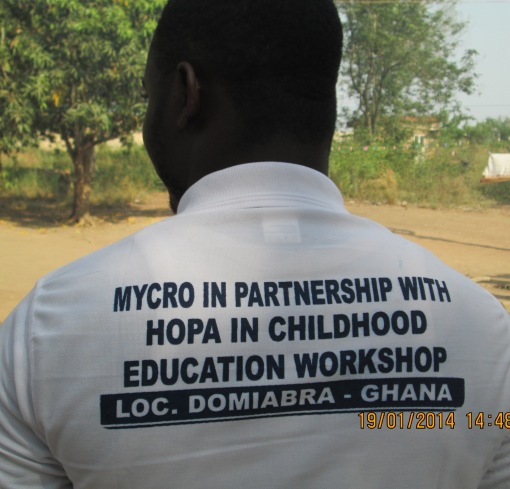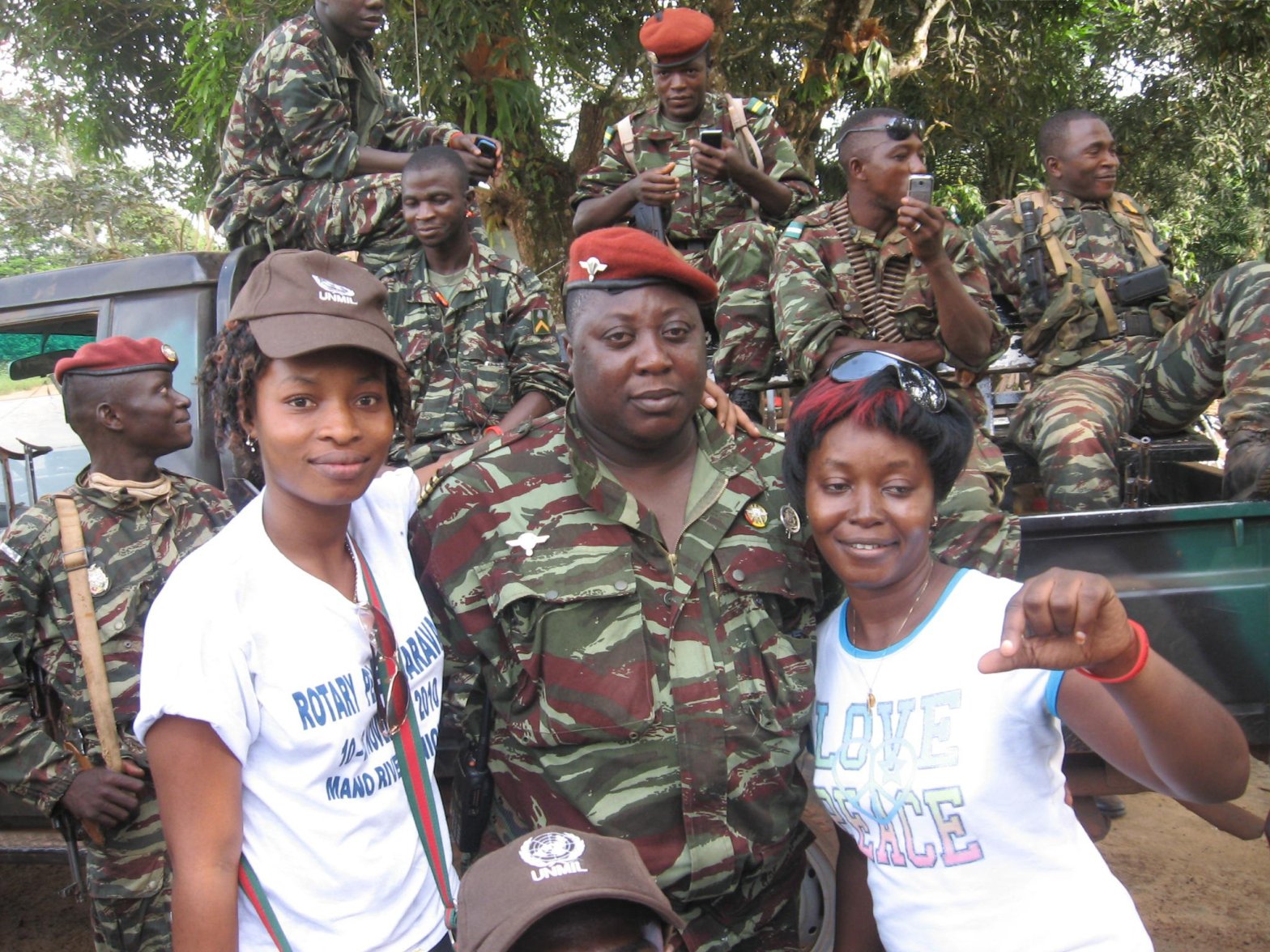Female circumcision, the partial or total cutting away of the external female genitalia, has been practiced for centuries in Sierra Leone and other African countries, generally as one element of a rite of passage preparing young girls for womanhood and marriage. Often performed without anesthetic under septic conditions by lay practitioners with little or no knowledge of human anatomy or medicine, female circumcision can cause death or permanent health problems as well as severe pain. Despite these grave risks, its practitioners look on it as an integral part of their cultural and ethnic identity, and some perceive it as a religious obligation.
Opponents of female genital cutting, however, emphasize that the practice is detrimental to women’s health and well-being. Some consider female circumcision a ritualized form of child abuse and violence against women, a violation of human rights.
CONSEQUENCES WITHIN THE SIERRA LEONE COMMUNITIES
In the conditions under which female circumcision is generally performed in Sierra Leone, even the less extensive types of genital cutting can lead to potentially fatal complications, such as hemorrhage, infection and shock. The inability to pass urine because of pain, swelling and inflammation following the operation may lead to urinary tract infection. A woman may suffer from abscesses and pain from damaged nerve endings long after the initial wound has healed.
Infibulation is particularly likely to cause long-term health problems. Because the urethral opening is covered, repeated urinary tract infections are common, and stones may form in the urethra and bladder because of obstruction and infection. If the opening is very small, menstrual flow may be blocked, leading to reproductive tract infections and lowered fertility or sterility.
SOCIAL CONTEXT
Female circumcision is an integral part of the societies and communities in Sierra Leone that practice it, where patriarchal authority and control of female sexuality and fertility are givens. In communities where a person’s place in society is determined by lineage traced through fathers, female circumcision reduces the uncertainty surrounding paternity by discouraging or preventing women’s sexual activity outside of marriage. Although the societies that practice circumcision vary in many ways, most girls receive little education and are valued primarily for their future role as sources of labor and producers of children. In some communities, the prospective husband’s family pays a brideprice to the family of the bride, giving his family the right to her labor and her children; she herself has no right to or control over either.
A girl’s virginity may be considered essential to her family’s ability to arrange her marriage and receive a brideprice, as well as to family honor. In my own village, for example, a prospective husband’s family may have the right to inspect the bride’s body prior to marriage, and mothers regularly check their infibulated daughters to ensure that they are still “closed.” In this context, parents see both infibulation and early marriage as means of ensuring that their daughter remains “pure” and thus worthy of the brideprice.
WORKING FOR CHANGE
Efforts to eliminate female circumcision have often been unsuccessful because opponents of the practice ignored its social and economic context. In some cases, external intervention has strengthened the resolve of communities to continue their genital cutting rituals as a way of resisting what they perceive as cultural imperialism.
During the era of colonial rule in Sierra Leone and Africa, some governments attempted to ban female circumcision and met with resistance. In Sudan, when a law banning infibulation was about to be proclaimed in 1946, many parents rushed to midwives to have their daughters infibulated in case it should become impossible later on. When some midwives were arrested for performing circumcision, anticolonial protests broke out. The British colonial government, fearing a massive nationalist revolt such as those that had occurred in Egypt and Kenya, eventually let the law go unenforced.
More recently, calls to action by Western feminists and human rights activists have provoked similar negative reactions. Sierra Leone and the entire African women have perceived many of these efforts as condescending and derogatory toward their culture and we activist against this act remain under serious threat and intimidation and for some political backings, government pays little attention in supporting us, because the women are in higher population, they need their vote to let them remain in power. In the words of one infibulated Sierra Leone woman, “If Sierra Leonean women change, it will be a change done by us, among us. When they order us to stop, tell us what we must do, it is offensive to the black person or the Muslim person who believes in circumcision. To advise is good, but not to order.
A big thanks to MYCRO Organization for allowing me advocate and support those powerless and underprivileged young ladies who are most forced to FGM and child abuse. I promised to remain committed on this course and my deepest prayers to all victims around the world who are powerless to share their views, thought and actions.
Written by – ISATU BARRIE
Posted by – MYCRO International









